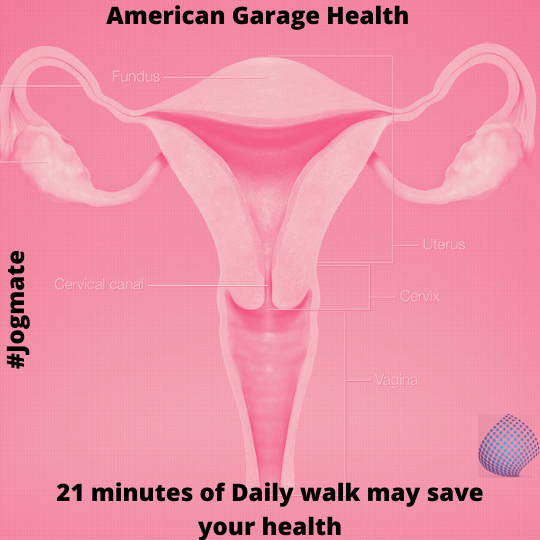Periods are abnormal for those with PCOS.

A hormonal condition known as PCOS affects one in ten women of reproductive age. A woman’s body undergoes several changes as a result of PCOS, including irregular menstruation. It is a syndrome that causes your hormones and ovaries to behave improperly. It can hinder your ability to conceive and lead to additional issues including excess hair, acne, and weight gain.
Periods may occur extremely infrequently, in extremes of weight or light, or not at all. This is as a result of your ovaries not producing eggs as they ought to. In its place, they produce tiny cysts that are visible on a scan.
Androgens (male hormones) and insulin levels are frequently higher than usual in people with PCOS.
It’s crucial to remember that not all women who have PCOS have irregular periods. While some PCOS pateints may have normal periods, others may struggle with additional signs and symptoms like acne, weight gain, and excessive hair growth.
PCOS can be treated with lifestyle modifications like weight loss and exercise, drugs to control menstruation and lower androgen levels, and fertility therapies for women who are attempting to get pregnant.
Here are some details regarding your menstrual cycle that you should be aware of if you have PCOS:
- Women with PCOS frequently experience irregular menstrual cycles, which can cause periods to arrive early, late, or sometimes not at all. This is as a result of PCOS-related hormonal abnormalities that control the menstrual cycle.
- Some PCOS-afflicted women may endure heavy periods, which can be bothersome and disturbing. If this worries you, talk to your healthcare professional since there are solutions.
- Fertility may be impacted: Because of irregular ovulation, women with PCOS may have trouble getting pregnant. The likelihood of becoming pregnant can be increased, though, with the aid of fertility therapies.
- Menstrual discomfort could be worse: PCOS-afflicted women may endure more painful cramps or pain throughout their periods. Prescription or over-the-counter painkillers can help you handle this discomfort.
- Some indications that PCOS is interfering with your periods include:
- You see blood between periods, you bleed excessively or insufficiently, you frequently miss periods, you experience painful cramps, and you have problems getting pregnant.
- Keep hoping if this describes you. There are strategies to manage PCOS and improve your menstrual cycles. Find out what’s best for you by speaking with your doctor as a first step.
Some indications that PCOS is interfering with your periods include:
- You see blood between periods,
- you bleed excessively or insufficiently,
- you frequently miss periods,
- you experience painful cramps, and
- you have problems getting pregnant.
Keep hoping if this describes you.
There are strategies to manage PCOS and improve your menstrual cycles. Find out what’s best for you by speaking with your doctor as a first step. You can control your menstruation, balance your hormones, and increase your chances of getting pregnant with the help of several medications.